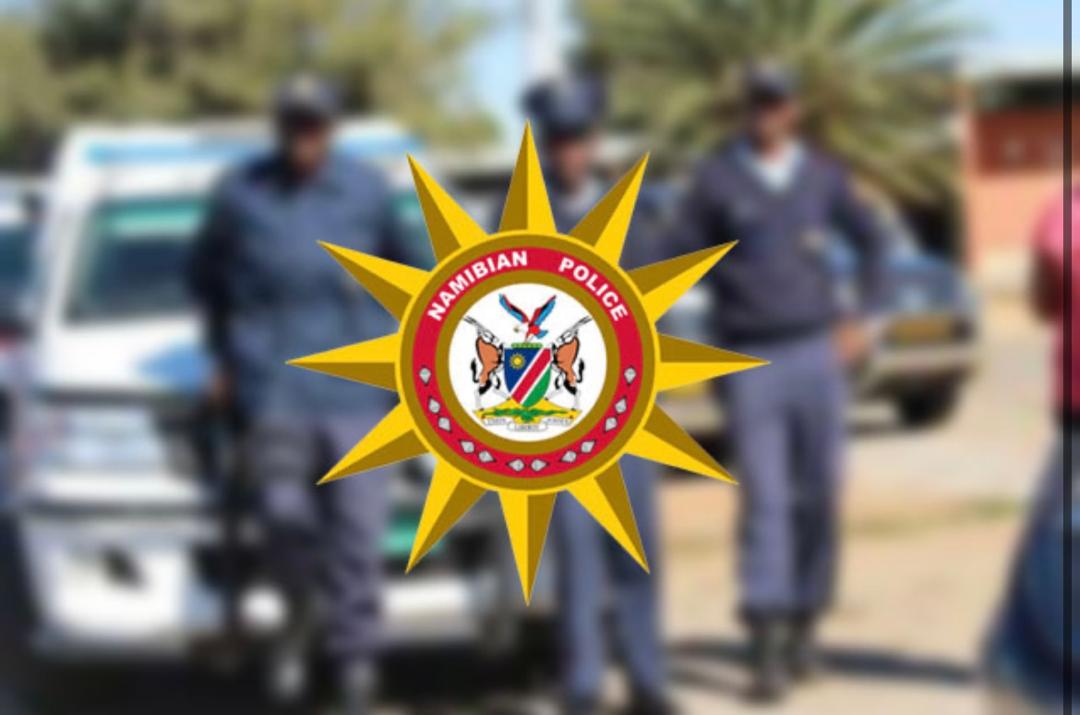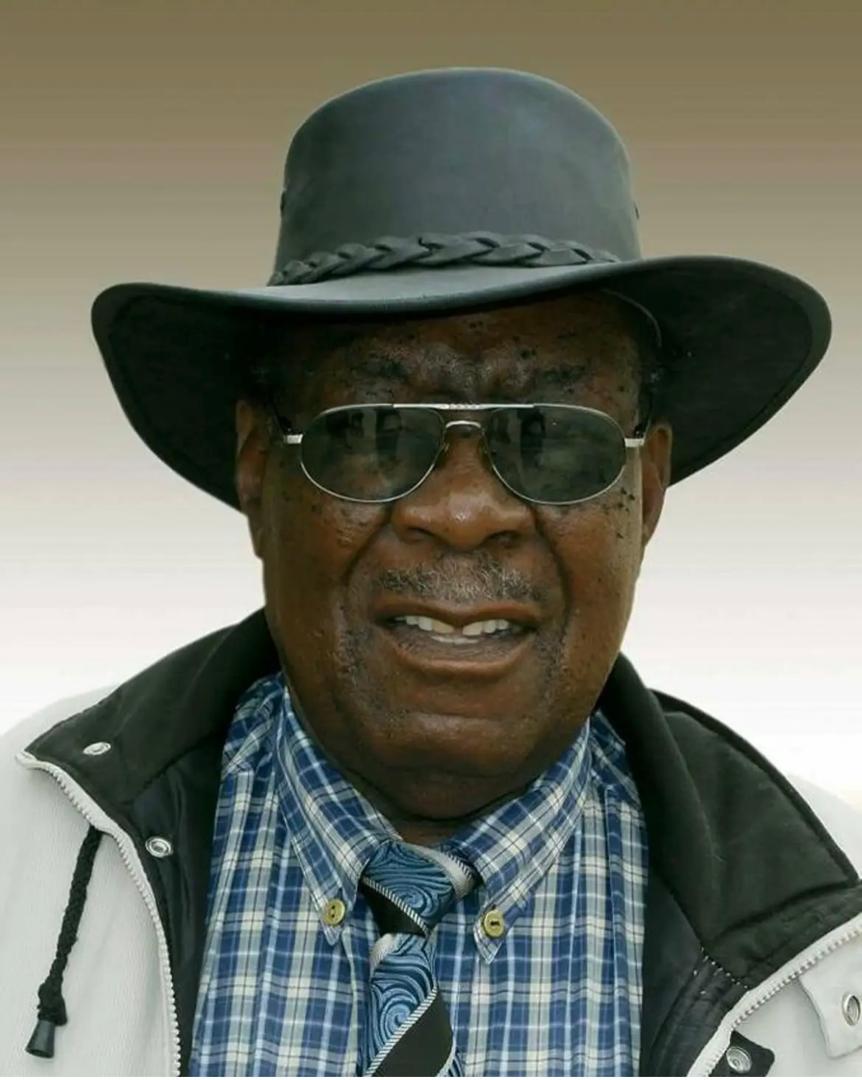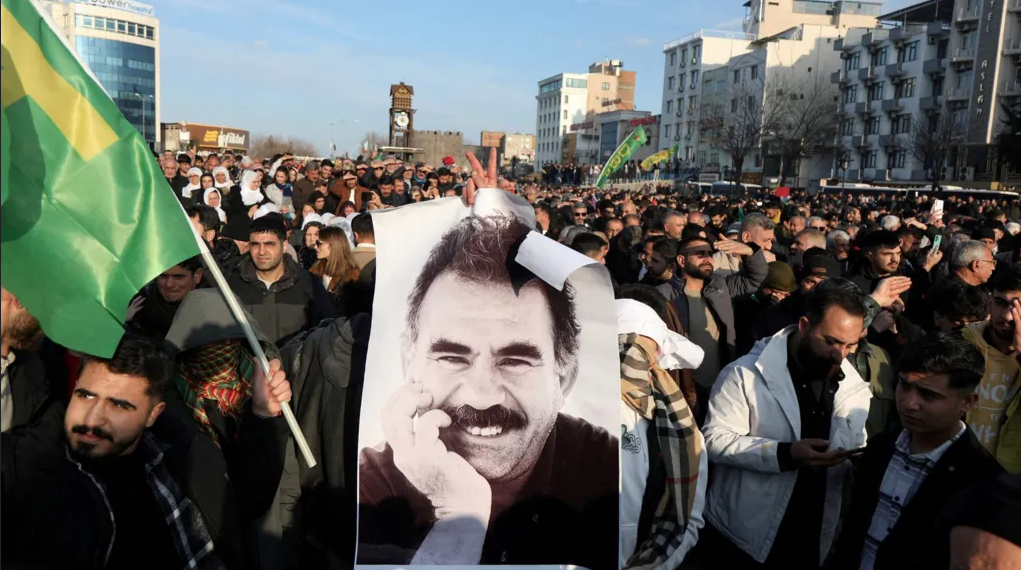FREETOWN – Journalists in Sierra Leone vowed on Wednesday to press for reforms of the country’s libel laws which they say criminalise their profession and have seen 10 journalists jailed in the last five years.
On Tuesday, the Supreme Court here rejected a demand by the Sierra Leone Association of Journalists (SLAJ) to see an overhaul the country’s libel laws because they are not in line with the principle of freedom of speech enshrined in the 1991 constitution.The libel law, from the 1965 Public Order Act, now allows for criminal libel to be taken against journalists filing erroneous reports. It has been widely criticised in Sierra Leone by media and human rights organisations who say it is an infringement on the freedom of expression.’Our spirit is not dampened by the court’s decision, but our next strategy will be to engage President Ernest Koroma to repeal the obnoxious law that criminalises libel. If this is done, it will allow any action taken against journalists to be civil instead,’ the SLAJ’s Secretary-General Mustapha Sesay said.Over 10 journalists have been jailed in the past five years using the libel laws. The law provides for a maximum seven-year prison sentence for people convicted of seditious libel and a maximum three-year term if convicted of publishing false information. It is left up to the discretion of individual judges whether to impose a fine, a jail sentence or both.The Act also allows for the authorities to ban the newspaper in which seditious, defamatory or false information appears for a period of up to six months.Despite the testimony of several journalists who have been fined and jailed due to the law in recent years the supreme court rejected the demand to repeal the law finding that ‘journalists (in Sierra Leone) are under no imminent threat.’ – Nampa-AFP
Stay informed with The Namibian – your source for credible journalism. Get in-depth reporting and opinions for
only N$85 a month. Invest in journalism, invest in democracy –
Subscribe Now!










